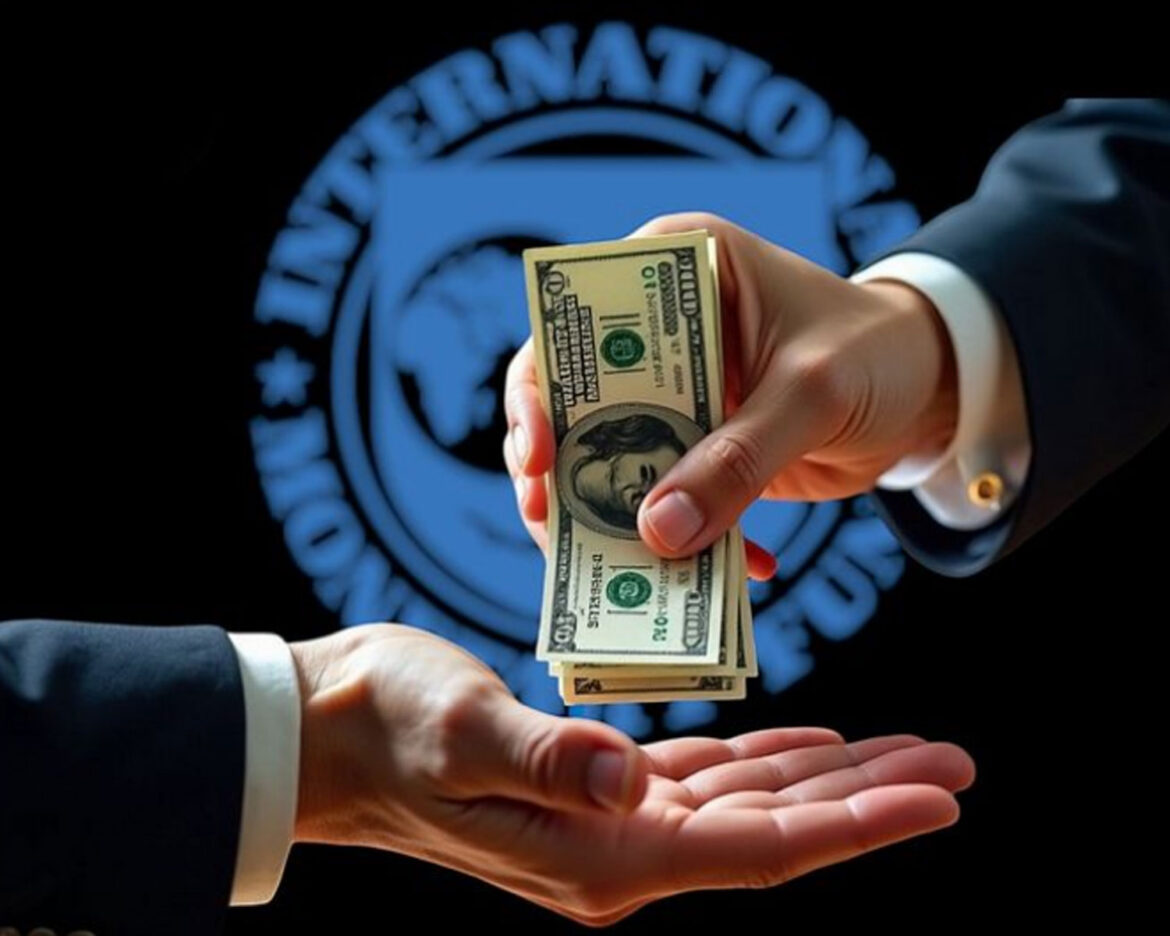International Monetary Fund urges Pakistan to intensify anti-corruption efforts and accelerate governance reforms amid growing economic challenges
Islamabad, October 13, 2024 — The International Monetary Fund (IMF) has called on Pakistan’s government to take stronger and more immediate action to tackle corruption and enhance governance, warning that the country’s economic stability and future growth depend on effectively addressing these longstanding issues.
In a statement issued on Thursday, the IMF emphasized that while Pakistan has made some progress in reforming its public sector, corruption remains a significant barrier to economic development, undermining investor confidence, draining public resources, and hindering the full potential of vital fiscal programs.
“Pakistan must do more to combat corruption at all levels of government,” the IMF’s statement read. “The country’s ability to recover from its ongoing economic crisis and meet its fiscal goals is closely tied to restoring public trust through greater transparency and accountability in government institutions.”
The IMF’s call for increased action on corruption comes as Pakistan continues to struggle with a mounting fiscal deficit, soaring inflation, and a growing debt burden. The country is currently receiving financial assistance under a $6.5 billion bailout program agreed upon in 2023, but despite some progress, key reforms—especially those targeting corruption—have been slow to materialize.
A Slow Pace of Reform
The IMF’s report noted that while the government has made some efforts to implement anti-corruption measures, progress has been inconsistent. Public procurement processes, tax collection systems, and government spending remain areas of concern, with corruption often cited as a major hindrance to their effective functioning.
“The pace of reform has not been fast enough to restore investor confidence and strengthen public institutions,” said an IMF official familiar with the discussions. “Until the government demonstrates a serious commitment to transparency, it will remain difficult to achieve the kind of economic recovery that Pakistan desperately needs.”
Pakistani Government Response
In response to the IMF’s demands, Finance Minister Ishaq Dar acknowledged the challenges and pledged to accelerate anti-corruption measures. He confirmed that the government was working on new initiatives, including tightening regulations in public procurement and improving the efficiency of tax and customs enforcement. Dar assured the public that Pakistan remains committed to reforms as part of the ongoing IMF-backed program.
“We are aware of the severity of the issue and are committed to taking bold steps to ensure a more transparent and accountable government,” Dar said during a press conference. “The fight against corruption is central to our broader economic reforms.”
However, critics argue that the government’s actions so far have not been sufficient. Civil society organizations and opposition parties have expressed skepticism about the government’s willingness to confront corruption at the highest levels. Former Prime Minister Imran Khan, whose tenure was marred by allegations of corruption within the ruling elite, echoed the IMF’s concerns, calling for the creation of an independent body to oversee anti-corruption initiatives.
A Longstanding Problem
Corruption in Pakistan has been a persistent issue for decades, with widespread allegations of graft affecting key sectors such as public procurement, law enforcement, and tax collection. Transparency International’s Corruption Perceptions Index ranked Pakistan 124th out of 180 countries in 2023, signaling deep-rooted governance problems.
The IMF’s statement underscores the importance of tackling corruption not just to secure international financial support, but also to promote domestic growth and development. Pakistan’s reliance on foreign aid, high debt levels, and a fragile economy make it especially vulnerable to external pressures and internal inefficiencies.
Next Steps and Global Attention
Pakistan’s anti-corruption efforts will be a focal point at upcoming international forums, including the IMF and World Bank annual meetings. The global community will be watching closely to see whether the government can deliver on its promises to reform the country’s institutions and restore confidence in its economic management.
As the IMF urges Pakistan to “do more,” the future of the country’s economic recovery hangs in the balance. Without decisive action to curb corruption, Pakistan risks prolonging its economic difficulties and missing the opportunity to break free from the cycle of instability that has defined its recent history.



